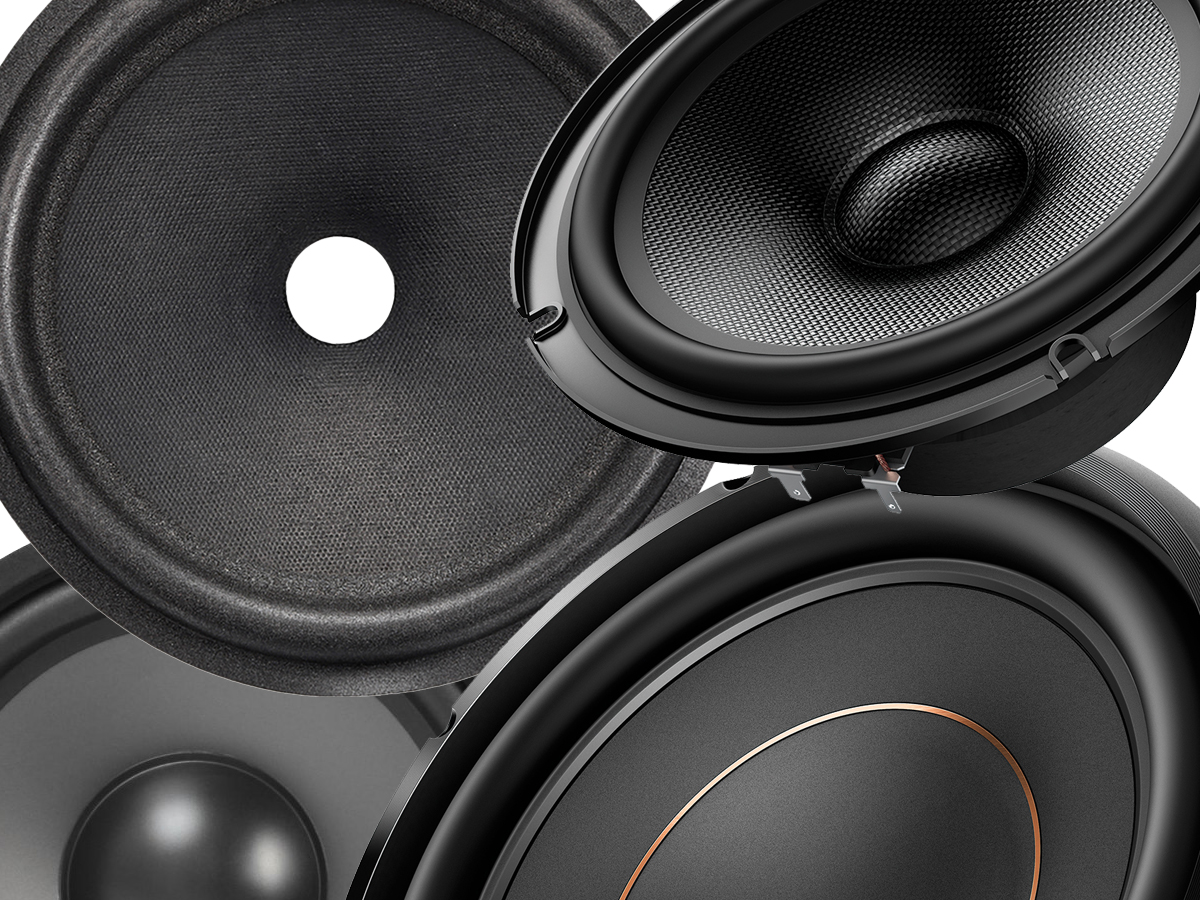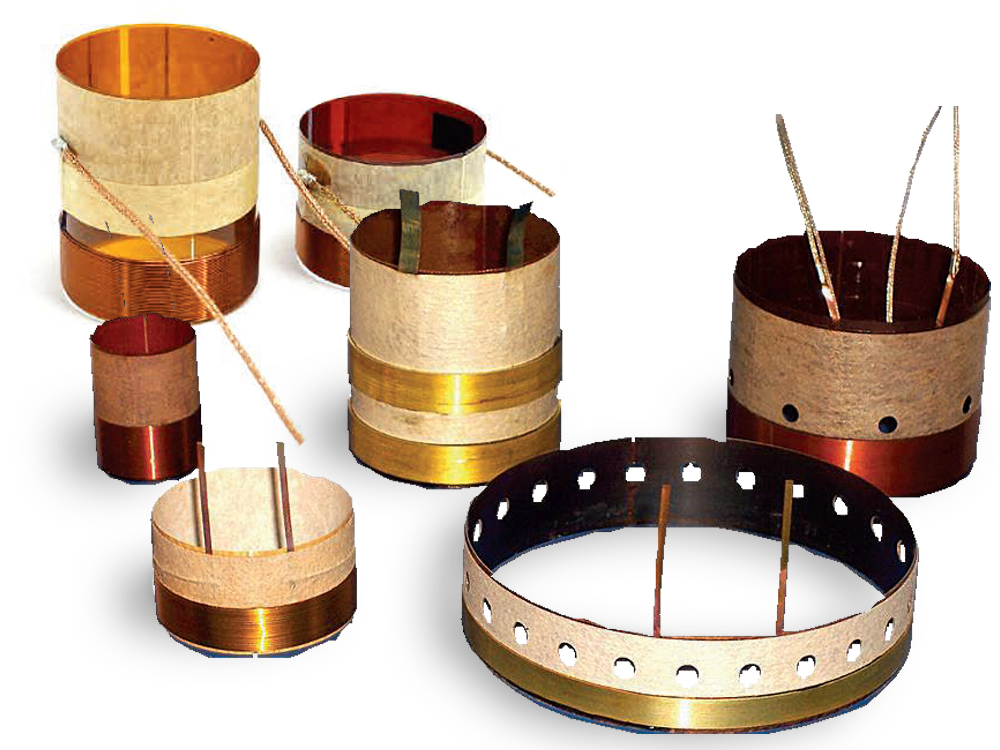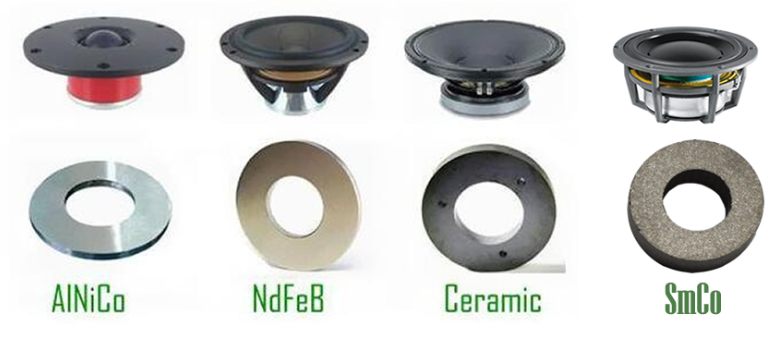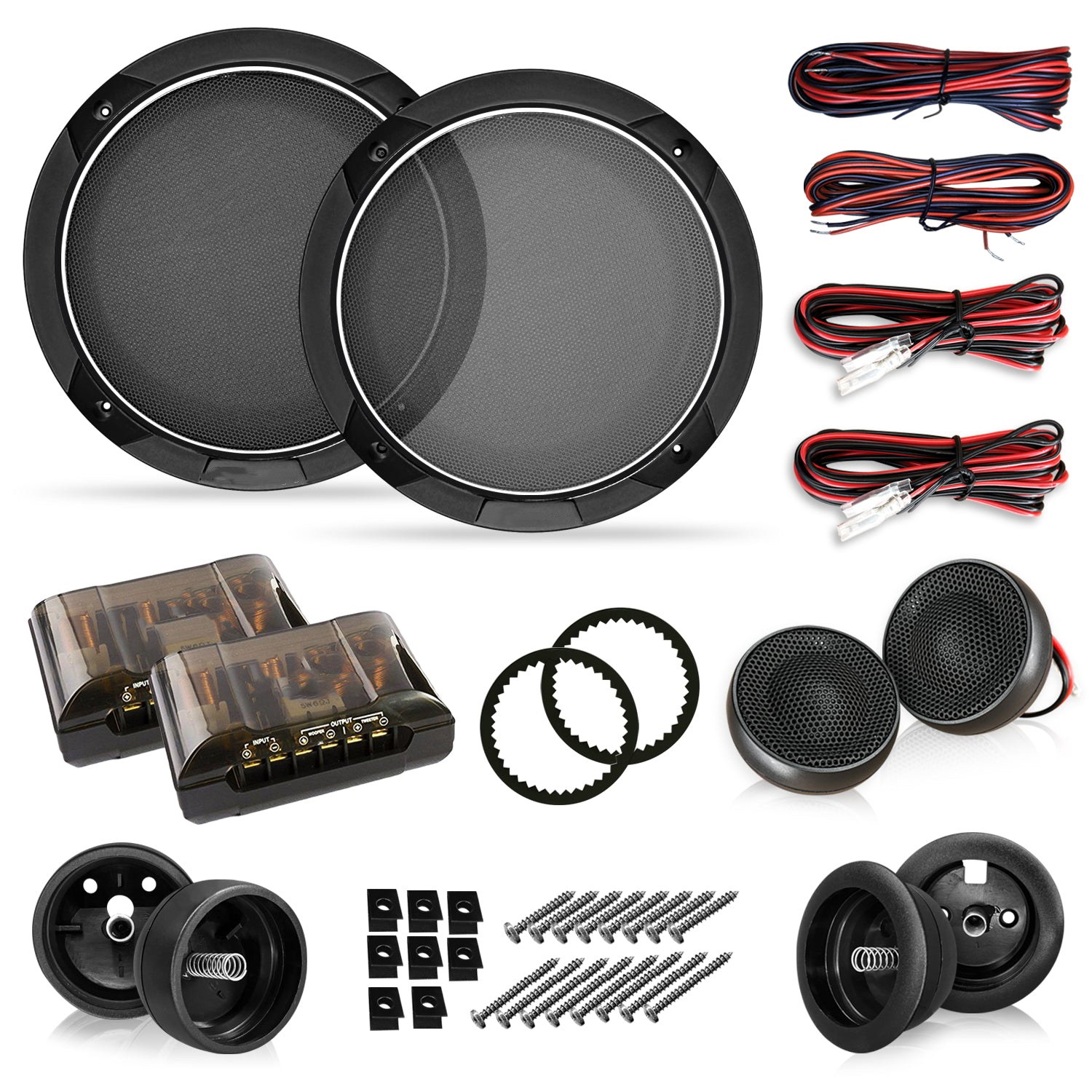When it comes to car audio systems, car speakers play a crucial role in delivering high-quality sound. However, the sound quality of car speakers is not solely determined by the speaker unit itself, but also by the various components that work together to produce the desired audio performance. In this article, we will explore the different components of car speakers that can impact sound quality, providing insights into how car speaker manufacturers optimize these components for better audio performance.
Cone Material
The cone material of a car speaker is one of the key factors that affect the overall sound quality. Common cone materials include paper, polypropylene, and metal. Each material has its own characteristics in terms of stiffness, weight, and damping properties, which can significantly impact the speaker’s frequency response, sensitivity, and distortion rate. Car speaker manufacturers carefully select the appropriate cone material based on the desired audio performance and cost considerations.
Voice Coil
The voice coil is another critical component of a car speaker that can affect sound quality. It is a wire coil that is attached to the speaker cone and is responsible for converting electrical signals into mechanical vibrations that produce sound. The size, winding pattern, and material of the voice coil can impact the speaker’s power handling capacity, sensitivity, and frequency response. High-quality voice coils are made of materials with good thermal conductivity and low electrical resistance to ensure efficient power handling and minimal distortion.
Magnet
The magnet is an essential component of a car speaker that plays a significant role in the speaker’s performance. It provides the necessary magnetic field for the voice coil to move and produce sound. The size, shape, and material of the magnet can impact the speaker’s sensitivity, power handling capacity, and overall performance. 

